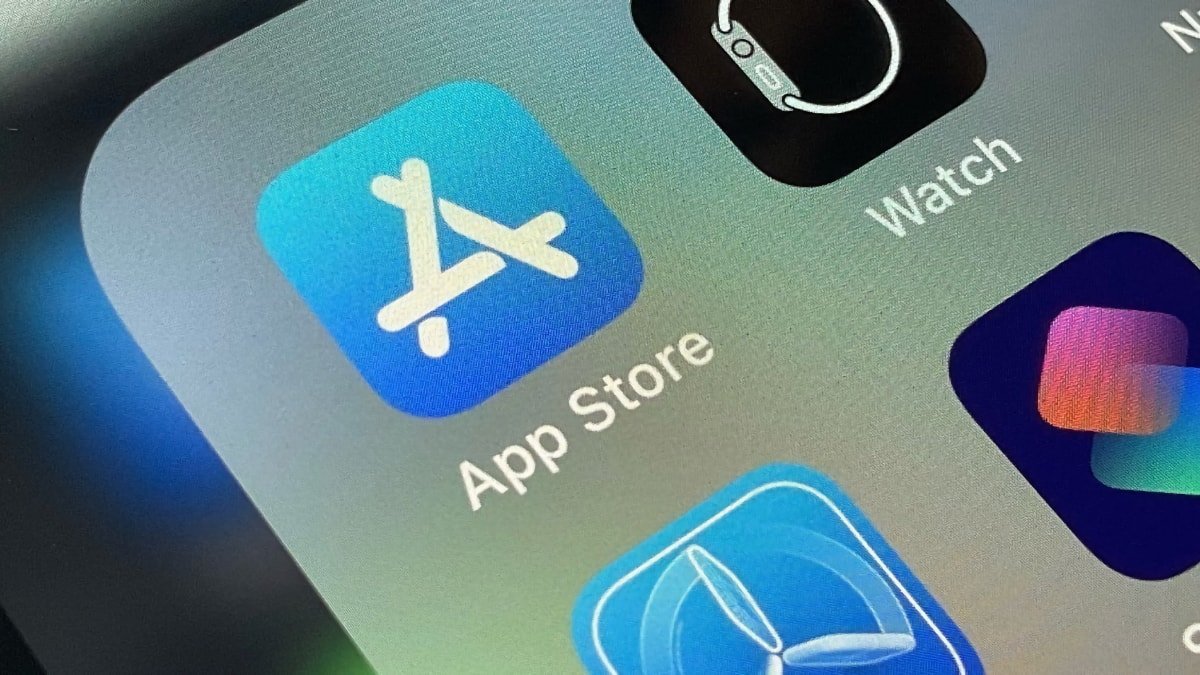Apple cracks down on lending apps after deepfake nudes threat
Apple has removed a bunch of exploitative lending apps in India that used unethical strategies to collect, such as threatening to send deepfake nudes to borrowers' contacts.
During the past week, Apple removed several apps from its store, including Pocket Kash, White Kash, Golden Kash, and OK Rupee. These apps gained popularity among Indian consumers and even secured positions in the top 20 of the finance category on the App Store.
However, numerous user reviews revealed that these apps imposed excessive and unnecessary fees, causing widespread dissatisfaction among users. Following an inquiry by TechCrunch, Apple promptly began the process of removing many of these apps.
Along with imposing high fees, the lenders resorted to unethical methods to compel borrowers into repayment. For example, one person said that White Kash accessed a user's contact list and threatened to send nude pics with her morphed face to the contacts.
Wtf is this, a personal loan app called Kash is threatening to send morphed nude photos of their customer to her entire contact list?! pic.twitter.com/5LcsukVgef
— Sandhya Ramesh (@sandygrains) July 3, 2023
Apple acknowledged that it had taken down the apps as they violated the Apple Developer Program License Agreement and guidelines. The company further stated that the apps were misleadingly claiming an affiliation with a financial institution.
"The App Store, and our App Review Guidelines, are designed to ensure we are providing the safest experience possible to our users," Apple said. "We do not tolerate fraudulent activity on the App Store, and have stringent rules against apps and developers who attempt to cheat the system."
The rapid growth of the fintech industry in India has unfortunately led to the emergence of these predatory lending apps. This phenomenon is linked to the increasing adoption of smartphones in the country and the pressing economic needs of its population.
Taking advantage of regulatory gaps, certain digital platforms now offer unsecured loans with remarkably high interest rates, promising almost instant approval. Vulnerable people, such as those who lack convenient access to conventional financial services, become particularly susceptible to these practices.
Apple is occasionally known for being slow to tackle such matters, however, sometimes waiting until they are brought to public attention. For instance, developers have reported complaints with the App Store review process, saying that Apple doesn't offer much feedback.
And some reports have discovered how a large number of scam apps can slip through the review process and end up in the App Store.
Apple reiterates that it stopped over $2 billion in fraudulent transactions from the App Store in 2022. Additionally, the company turned down approximately 1.7 million app submissions that did not meet its criteria for quality and safety.
 Andrew Orr
Andrew Orr














 Amber Neely
Amber Neely
 Thomas Sibilly
Thomas Sibilly
 AppleInsider Staff
AppleInsider Staff
 William Gallagher
William Gallagher
 Malcolm Owen
Malcolm Owen
 Christine McKee
Christine McKee










9 Comments
Whatever happened to "Pay up or I'll break your knees!"?
if anyone sees nude pics of me, I'll just say it's deepfakes because I failed to pay back what I owe to lenders. That's all.
Just showed this article to my wife. She laughed and joked that she’d be ok with it as long as the model they deepfaked her onto was slimmer than her.
If they deep faked me, it would probably be an improvement...sigh.